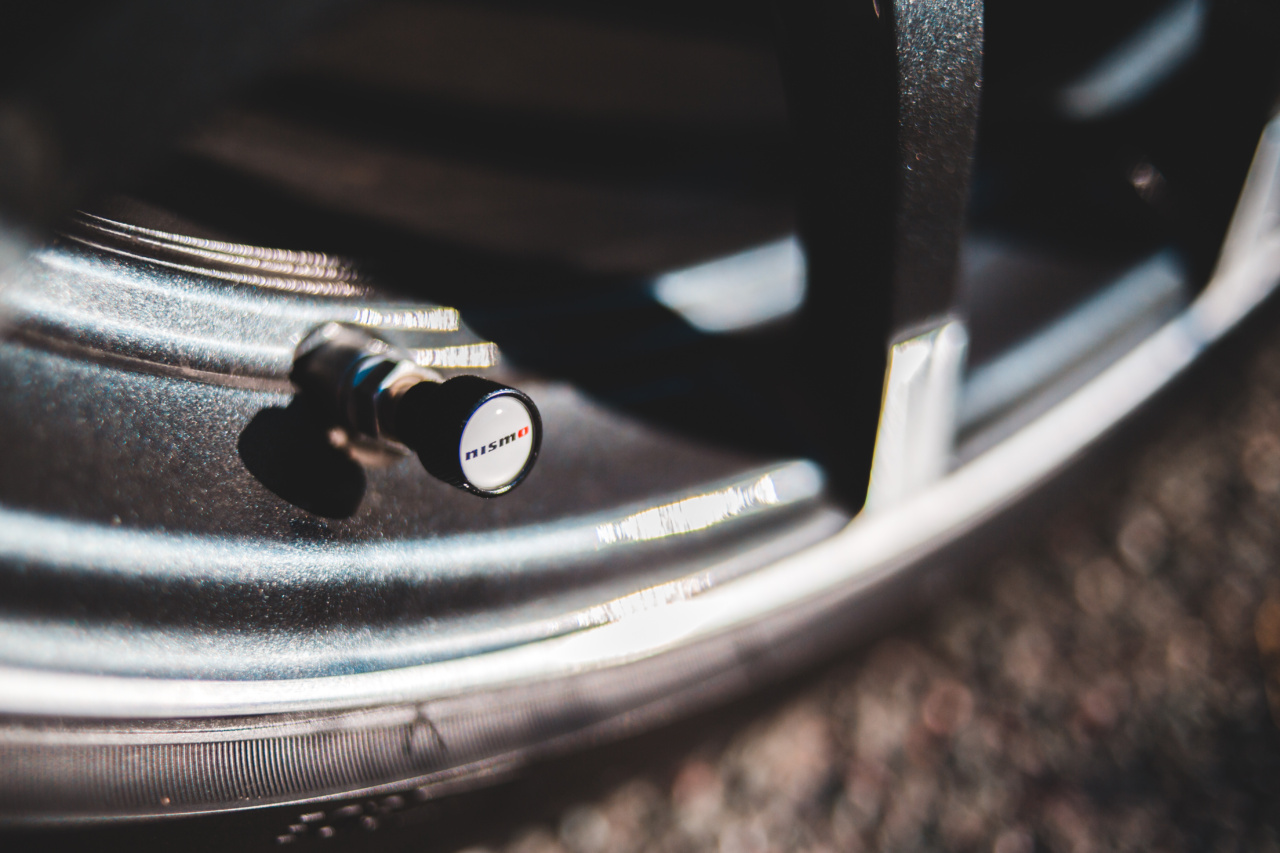High blood pressure, also known as hypertension, is a common medical condition that affects millions of people worldwide.
It is often referred to as the “silent killer” because it typically has no symptoms but can lead to serious health issues if left untreated. While genetics and age are factors that can contribute to high blood pressure, there are also several lifestyle choices that can drive it up.
In this article, we will explore seven things that you may be doing unknowingly, which could be driving up your blood pressure.
1. Consuming Too Much Sodium
A diet high in sodium is one of the leading causes of high blood pressure. Sodium, which is commonly found in table salt, processed foods, and restaurant meals, can cause the body to retain fluid, leading to increased blood pressure.
It’s important to limit your daily sodium intake to no more than 2,300 milligrams, or 1,500 milligrams for individuals with existing hypertension or at high risk. Be mindful of reading food labels and opting for low-sodium alternatives whenever possible.
2. Being Sedentary
Living a sedentary lifestyle can contribute to high blood pressure. Lack of physical activity can lead to weight gain, which is a significant risk factor for hypertension.
Regular exercise not only helps in maintaining a healthy weight, but it also strengthens the heart, improves blood circulation, and lowers blood pressure. Aim for at least 150 minutes of moderate-intensity aerobic activity or 75 minutes of vigorous-intensity aerobic activity per week.
3. Excessive Alcohol Consumption
While moderate alcohol consumption can have some health benefits, excessive drinking can significantly increase blood pressure.
Regularly consuming more than the recommended amounts of alcohol can lead to weight gain, liver damage, and an overall rise in blood pressure levels. It’s advised to limit alcohol intake to one drink per day for women and up to two drinks per day for men.
4. Smoking and Tobacco Use
Smoking and tobacco use are not only harmful to the lungs but also have a detrimental effect on blood pressure. The chemicals in tobacco can damage blood vessels, making them narrower and less flexible.
This, in turn, increases the resistance to blood flow and raises blood pressure levels. Quitting smoking and avoiding tobacco products improves overall cardiovascular health and helps lower blood pressure.
5. Chronic Stress
Chronic stress can contribute to high blood pressure over time. When we are stressed, our bodies release stress hormones that temporarily raise blood pressure.
If stress becomes chronic, those temporary spikes can become sustained, leading to hypertension. Finding healthy coping mechanisms such as exercise, meditation, or spending time with loved ones can help reduce stress levels and keep blood pressure in check.
6. Poor Sleep Habits
Getting enough quality sleep is essential for maintaining overall health, including blood pressure regulation. Chronic sleep deprivation can disrupt the body’s internal systems, including those that regulate blood pressure.
Aim for seven to eight hours of uninterrupted sleep every night to give your body the rest it needs and help keep blood pressure levels in a healthy range.
7. Ignoring Regular Blood Pressure Checks
Regular blood pressure checks are crucial for identifying high blood pressure early on. Ignoring these routine checks can allow hypertension to go unnoticed and untreated, increasing the risk of cardiovascular diseases such as heart attacks and strokes.
Make sure to schedule regular check-ups with your healthcare provider to monitor your blood pressure and take necessary interventions if needed.
Conclusion
High blood pressure is a serious health condition that can have severe consequences if left unmanaged. By being mindful of our lifestyle choices and making necessary adjustments, we can significantly reduce the risk of developing hypertension.
Pay attention to your dietary habits, engage in regular physical activity, moderate alcohol consumption, quit smoking, manage stress levels, prioritize quality sleep, and attend regular blood pressure checks to maintain healthy blood pressure levels and lead a happier, healthier life.





























